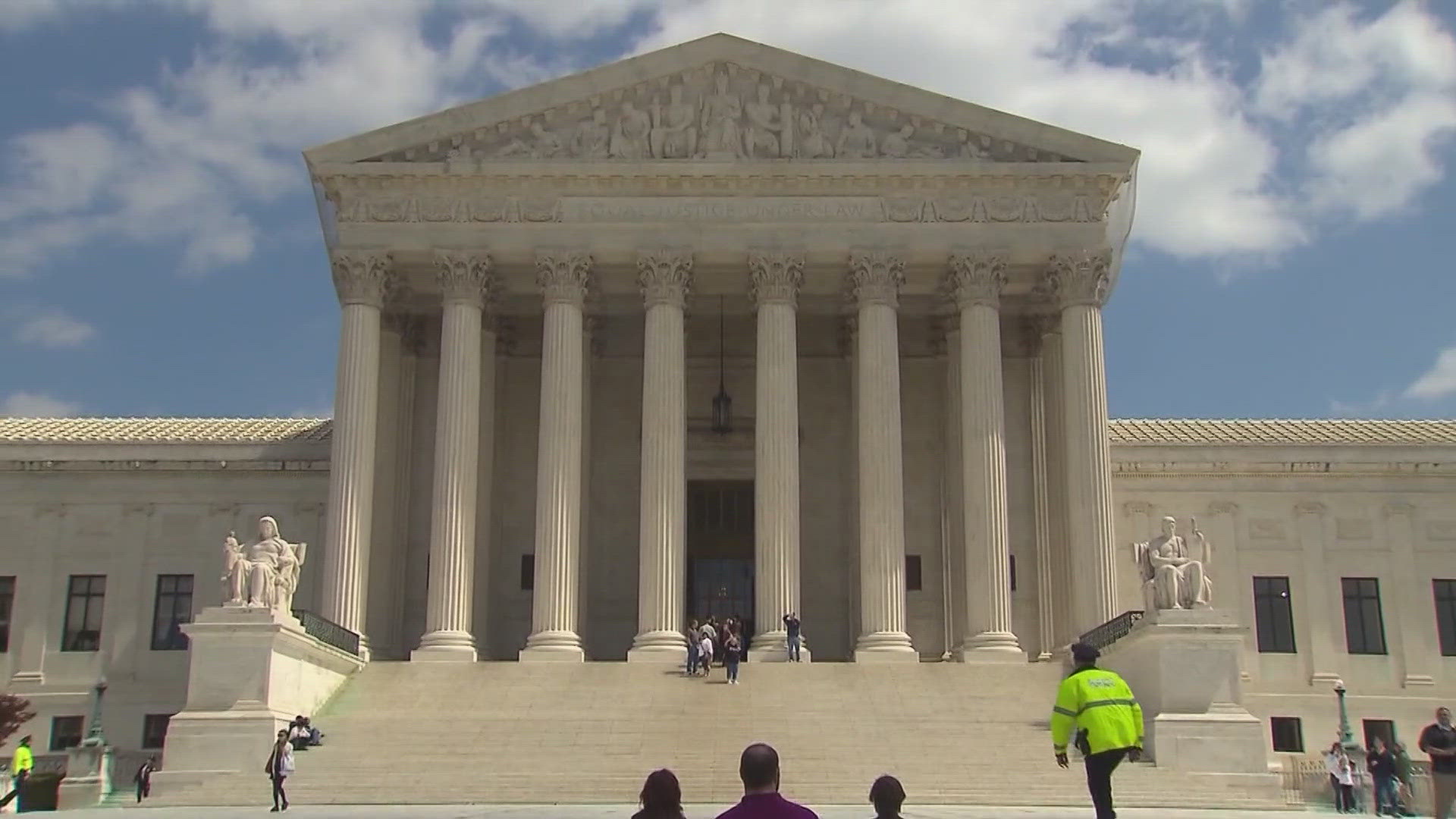Just moments after the Senate passed its version 65-34 late Tuesday, with the support of 14 Democrats, Senator Dick Durbin, D-Illinois, used a procedural motion to halt its progress.
Moreover, there are significant differences between the Senate bill and the House version passed last year.
For his part, Bush urged Congress to resolve the differences and send him the bill.
"Transporting minors across state lines to bypass parental consent laws regarding abortion undermines state law and jeopardizes the lives of young women," he said in a statement.
Both bills are designed to make it a crime to help a pregnant girl cross state lines to get an abortion in an effort to evade parental notification and consent laws in her home state.
The Senate bill would protect the girl and her parents from prosecution, as well as provide an exception for anyone who helps a girl end her pregnancy when the pregnancy poses a threat to the mother's life. It also contains a way for girls with abusive parents to ask a court to allow the abortion without her parents' notification.
Struggling to defend their majority this election year, Republican sponsors said the bill supports what polls show a majority of the public believes: that a parent's right to know takes precedence over a young woman's right to have an abortion.
Fourteen Democrats and 51 Republicans voted for the bill. Four Republicans voted against it: Senators Lincoln Chafee of Rhode Island, Susan Collins of Maine, Olympia Snowe of Maine and Arlen Specter of Pennsylvania. Senator Dianne Feinstein, D-California, as absent.
Bowing to public support for parental notification and the GOP's 55-44-1 majority, Democrats spent the day trying to carve out an exemption for confidants to whom a girl with abusive parents might turn for help. It was rejected in floor negotiations.
Democrats complained that the measure was the latest in a series of bills designed chiefly to energize the GOP's base of conservative voters.
"Congress ought to have higher priorities than turning grandparents into criminals," said Senator Edward M. Kennedy, D-Massachusetts.
Significant differences exist between the Senate bill and a measure passed by the House last year.
Unlike the Senate bill, the House measure sets out a national parental notification law. It would require a physician who knowingly performs or induces an abortion on a minor who is a resident of another state to provide notice of at least 24 hours to a parent of the minor before ending the pregnancy.
Procedural hurdles also stood in the way. Following the vote, Democrats prevented Majority Leader Bill Frist, R-Tennessee, from appointing Senate negotiators to help bridge the differences with the House version. Durbin, D-Illinois, objected on the grounds that the bill had not been considered by a committee and that negotiations were premature.
"I hope this is not a sign that they're going to try to obstruct this bill," Frist said.
Polls suggest there is widespread public backing for the bill, with almost three-quarters of respondents saying a parent has the right to give consent before a child under 18 has an abortion.
Six states, Connecticut, Hawaii, New York, Oregon, Vermont and Washington, as well as the District of Columbia have no parental consent or notification laws. Legal challenges have blocked such laws in nine states: Alaska, California, Idaho, Illinois, Montana, Nevada, New Hampshire, New Jersey and New Mexico.
No one knows how many girls get abortions in this way, or who helps them. Democrats say the policy would be dangerous to pregnant teens who have abusive or neglectful parents by discouraging other people from helping them.
"We're going to sacrifice a lot of girls' lives," said Senator Hillary Clinton, D-New York.
Senaror Jim DeMint, R-South Carolina, countered that opponents "want to strip the overwhelming majority of good parents their rightful role and responsibility because of the misbehavior of a few." He pointed out that the judicial bypass provision would help pregnant teens with abusive parents get around the law.
A last-minute deal by Senators John Ensign, R-Nevada, and Barbara Boxer, D-California, would cut off the ability of men who impregnate their daughters from taking them out of state for abortions and from suing those who help get the procedure in other states.
(Copyright 2006 Associated Press. All rights reserved. This material may not be published, broadcast, rewritten, or redistributed.)



